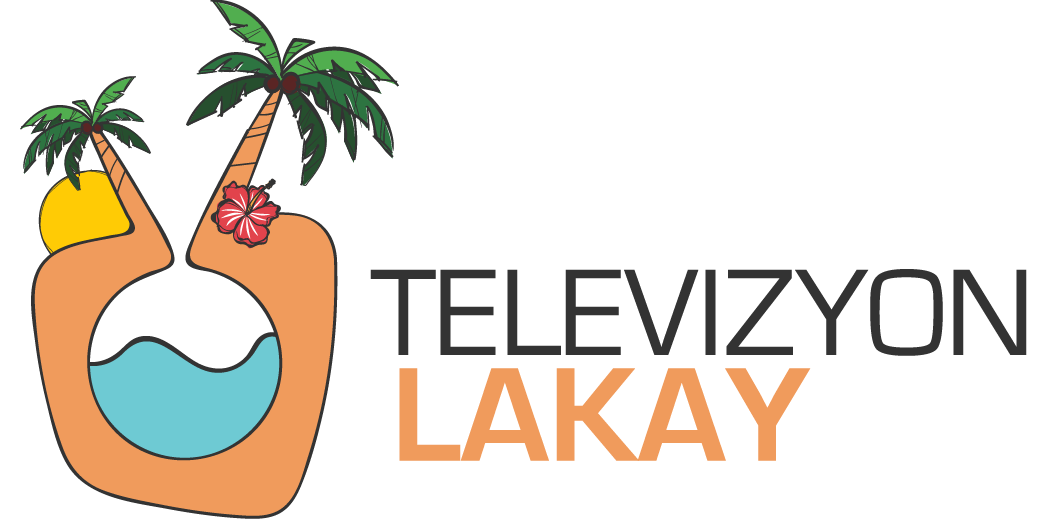UN’s Universal Declaration of Human Rights to Be Translated into Jamaican Patois
The United Nations (UN) announced that its Universal Declaration of Human Rights will be translated into Jamaica’s Patois language. With the announcement, which marked the 75th anniversary of the Declaration, Jamaica joined St. Lucia as one of the only two nations in the Caribbean to be part of the document’s official translation.

What is the Declaration?
In direct response to the experience of World War II, the Universal Declaration of Human Rights (UDHR) was established in 1948 by the UN General Assembly to provide a standard of achievement for all nations. For the first time in history, it listed the fundamental human rights that would be protected universally. Since then, it has been translated into more than 500 languages and is recognized as the inspiration for the adoption of over 70 human rights treaties. There are 30 basic rights and freedoms established in the Declaration. These include the right to freedom from torture, to freedom of expression, to education, and the right to seek asylum. It also includes rights to life, liberty, and privacy. The adoption of the Declaration is viewed as a milestone for its language, which does not reference any particular culture, political system, or religion. It encourages UN member nations to promote rights as a “foundation of freedom, justice, and peace in the world.
What is Jamaican Patois?
Jamaican Patois is a language that reflects the mix of cultures that have called the island home throughout history. It is spoken by over 90 percent of Jamaica’s population even though it is not the official language of the country. In the 1500s, when Spain asserted colonial control over the island, the Spanish language combined with the indigenous Taino language. When the British invaded in 1670 and took the country from Spain, the English language became another component, and the diversity of the country’s dialects increased as people incorporated English, Irish, and Scottish words into its language. During the period of enslavement, the island language grew through the addition of African influences, over time, as the language evolved to meet the needs of the people, it became standardized as a complete system that became known as “creole.” When Jamaica gained independence in 1962, its name changed to “Jamaican Creole” and “Jamaican Patwa.” Following independence, Jamaican Patois was recognized in the constitution, and it continued to thrive on a global level as a means to keep Jamaicans united. As Jamaica seeks to remove the British monarch as its head of state, a growing movement to have Jamaican Patois designated as the country’s official language has arisen.
Photo – Deposit Photos
The post UN’s Universal Declaration of Human Rights to Be Translated into Jamaican Patois appeared first on Jamaicans.com.
